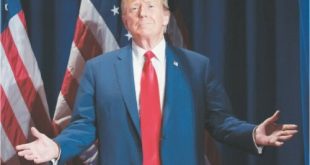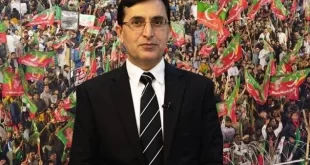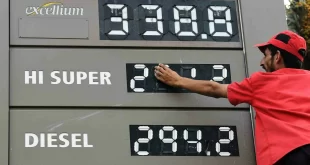Pakistan’s port city, Karachi, has a long and illustrious history that dates back to the 1800s. After the British took control of it in 1839, the British Army’s regional headquarters were located there. From a fishing hamlet, the city quickly grew into a significant port for the Indus River basin.
Karachi had substantial infrastructural development under British control. A riverboat service between Karachi and Multan was launched in 1843. From 1854 forward, port facilities were upgraded, and in 1861, a railway between Karachi and Kotri was constructed. In 1864, telegraph connections were made with London. Karachi developed into a fully functional seaport in 1869 with the inauguration of the Suez Canal.
An important part of Karachi’s administration was performed by the municipal committee, which was established in 1885 after the city’s first local elections in 1884. The committee supported the growth of the city and raised state funds by imposing the House Tax on private property owners. By 1914, Karachi had grown to be the British Empire’s principal port for the export of grains and had seen the emergence of both industrial and service sectors.
Since November 1933, Karachi has witnessed 29 executives in municipal government, including mayors and administrators. Jamshed Nusserwanjee was the first elected mayor of Karachi, having taken office in 1933. Mayors from a variety of backgrounds, including Christians, Muslims, Parsis, and Hindus, led the city after him.
Karachi’s mayors made a variety of contributions to the city’s growth. Pakistan’s National Anthem was penned in 1950 by Ahmed Ghulam Ali Chagla, the son of Ghulam Ali Chagla, the mayor. The mayors of the city supervised the establishment of the Karachi Water and Sewerage Board in 1983, among other infrastructural initiatives.
Karachi’s economy has been essential to Pakistan’s GDP as a whole. About 20% of the country’s GDP, 50% of total income, about 47% of direct tax revenues, and almost 45% of the nation’s capacity for value addition are all attributed to the city. Its local government receives substantial funding; in the fiscal year 2023–2024, it will have access to grants of Rs88 billion from local bodies.
Karachi’s administration has changed throughout the years, with elected mayors alternating with administrator-run regimes. Notable mayors include Waseem Akhtar, who held office from 2016 to 2020, and Mustafa Kamal, who held office from 2005 to 2010.
Currently, a 367-member parliament is holding a contest between Hafiz Naeem your Rehman of Jamat-e-Islami (JI) Karachi and Murtaza Wahab of the Pakistan Peoples Party (PPP) for the role of mayor of Karachi. Given the city’s historical importance and economic contribution to Pakistan, this election is crucial for the city.
 Pakish News We are an interactive media group that here a purpose to update users with the latest information. Our mission is to give you knowledge not only about your surroundings. We will also update you around the Globe.
Pakish News We are an interactive media group that here a purpose to update users with the latest information. Our mission is to give you knowledge not only about your surroundings. We will also update you around the Globe.



